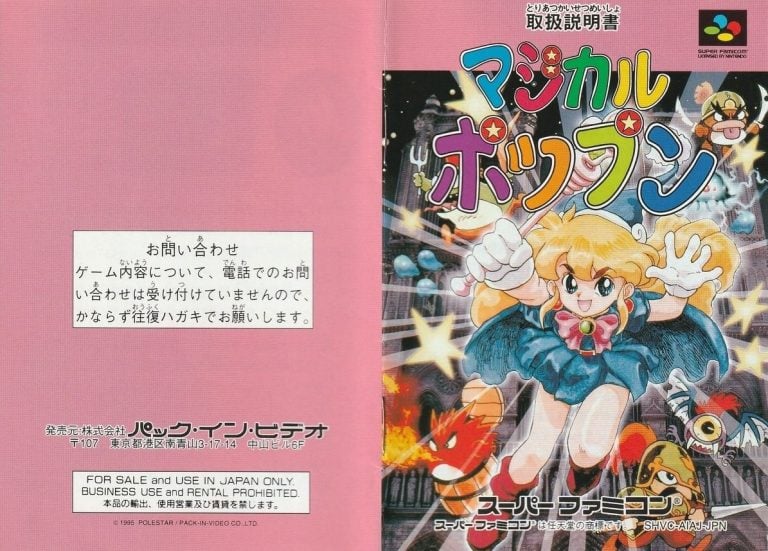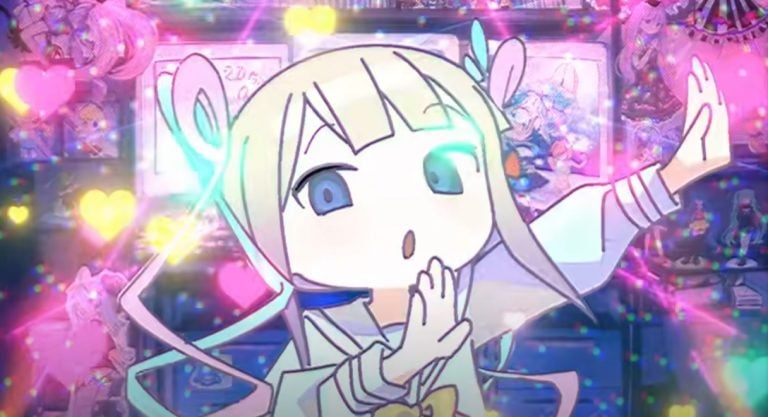A question posed by one game developer to other developers on Twitter has been gaining a lot of attention: “Would you rather have 1 million people play your game, but 75% of players give it a negative/not recommended review, or only 100 people play your game in total, but they are all massive fans and love what you’ve created?”
The question comes from Ori Mees, Junior Development Manager at Firesprite. In a follow up tweet, she clarified some assumptions regarding the question, stating, “For those asking if the million players bought your game (in this hypothetical question) – Yes, but at a normal/reasonable price for your game.”
Based on the replies, there are many developers who prefer the situation where one million people play their game, but 75% give it a negative review. There are varying reasons for this, with one developer saying, “if only 75% gave it a bad review that means that 250,000 people liked, loved, or indifferenented my game. Surely out of 250,000 100 people will love it.”
Another gave the opinion that “Making a good game that just gets ignored is incredibly depressing, and as others have said, 1 million sales = no financial worries anymore. Also, in the million players case, you’d probably get more than 100 people who liked it.”
Having one million people buy your game would most likely result in substantial revenue, even in the worst-case scenario where 75% of players had their purchase refunded. This would mean that the money they make could go toward living costs and could even be used as funding for their next game. In that sense, it’s easy to see the appeal of “one million players with 75% bad reviews” when faced with the decision between the two scenarios proposed by Mees.
Some developers felt that the bad reviews could be seen as a good thing. In the hypothetical situation where 75% of reviews are negative, this could mean that there are some major flaws in the game. The reviews would essentially act as feedback on the game’s problems, something that would be very valuable to the developers.
On the other hand, there were also developers who believe that a strong negative reception would be the less desirable outcome, with one commenting, “Reputation is valuable and hard to repair. Would rather have a failure in marketing than to have a failure in shipping a quality product.” Such a great number of negative reviews means that there are probably major issues with the game, and it calls into question whether it should have been released in that state to begin with.
One developer seems to have experienced such a situation themselves, saying, “Having already faced something resembling the first scenario somewhat, I’d definitely go for the second.”
There are also a number of developers who are fine with not selling many copies and would rather have players really enjoy their game. One developer said, “I know that the thing I am doing now is incredibly niche and not without flaws, but it’s a labor of love and a very personal thing. I can always try doing sth. more universally marketable after.”
There was one developer who was split between the two choices, seeing each as beneficial in a different way.
Although there are some developers who prefer the scenario where only 100 people play their game but passionately support it, the vast majority would take 1 million sales and the 75% of bad reviews that come with it. Which situation is preferable appears to be heavily dependent on the person, but Mees’ question shows that it’s quite a difficult dilemma for many game developers.
Written by. Marco Farinaccia based on the original Japanese article (original article’s publication date: 2023-05-10 10:34 JST)





